Language
Language skills include the number of words your child can understand and use, and their ability to put these words together into sentences. Children with speech sound delays and disorders are often later to talk than other children of the same age. I do, therefore, assess and provide at least an initial block of therapy for children who are between 18 and 27 months of age who are late to talk. You should consider seeking help if any of the following are true for your child:
Not using any words by 18 months of age
Not using at least 50 words by 2 years of age
Not Joining words into short phrases (e.g. "more milk", "mummy gone") by 2 years of age.
You should also contact your GP and ask for your child’s hearing to be checked as a significant number of children who are late to talk have a type of fluctuating hearing loss, known as ‘glue ear’ or otitis media with effusion.
We know that the majority of children who are late to talk will catch up with their friends by the time they get to school, this is known as a language delay. A small proportion will continue to have difficulties learning language and will benefit from support for this through their school years, we would describe these children as having developmental language disorder (DLD).
Children with DLD are likely to find another therapist, who specialises in working with this client group, more beneficial. This is also the case for children where autistic spectrum disorder is the main contributing factor to their difficulties with communication.
More details on language development and tips to help can be found in the communication trust’s small talk leaflet which can be downloaded here and there is a progress checker available here
WhAT i OFFER
A full assessment of language skills to identify strengths, needs and the most appropriate targets for therapy.
The type of therapy I offer is dependent on your child's needs and what works best for your family. Most often I will offer parent-child interaction therapy. This involved structured play sessions and video analysis to equip parents with skills and strategies to support children's language and attention skills through play. We work together, using your skills and knowledge of your child, building in, or increasing, techniques that we know help language development. In some cases we may suplement this with direct language therapy. This involves building specific language targets ( e.g. to use action words in two word phrases) into games and activities which I demonstrate and then the parent carries out as homework throughout the week.
Initially I would suggest booking a block of 4-10 sessions. In the first session we will jointly agree targets to work towards during these sessions.
Home practice is vital for progress and each week I will give you activities to carry out with your child.
I liaise with your child's preschool, with your consent, and provide them a pack with targets and activities to support progress towards the targets.
Following the initial block of therapy there will usually be a short break for the child to consolidate the gains they have made followed by a review session at which we assess progress and decide upon next steps.
Where social communication skills including eye-contact, awareness of others and repetitive behaviours are the key concern or where the language difficulties are part of wider difficulties such as global developmental delay other independent therapists would be more appropriate
What you can do to help
My top tips are:
Give your child plenty of time to talk - It sounds easy but most of us adults aren't to fond of silence.
Use sentences which are just slightly longer than your child's when talking with them - If they are not using words then use single words ("car"). If they are using single words use short phrases ("big cat") etc. This will make it easier for your child to understand and copy you.
Create opportunities for your child to use language:
Offer choices e.g. banana or yogurt
Give your child one go at something e.g. bubbles then stop and wait for them to indicate they want more
Leave gaps in familiar stories or songs and wait for them to fill them in
Do something silly and wait for them to tell you how to do it right
Use more comments (e.g. "look a bus") than questions (e.g. "what's that?").
Repeat and extend your child's sentences e.g. if they say "juice" and hand you their empty beaker you would say "more juice"
Do not blame yourself that your child is late to talk - even if you had talked more, talked less, read more, spent more time with them, worked less, put them in nursery, taken them out of nursery etc, etc, etc they would still have had delayed language. It is not your fault! but there are lot of things you can do to help.
More detailed suggestions can be found at:
Afasic a charity supporting children with speech, language and communication needs
